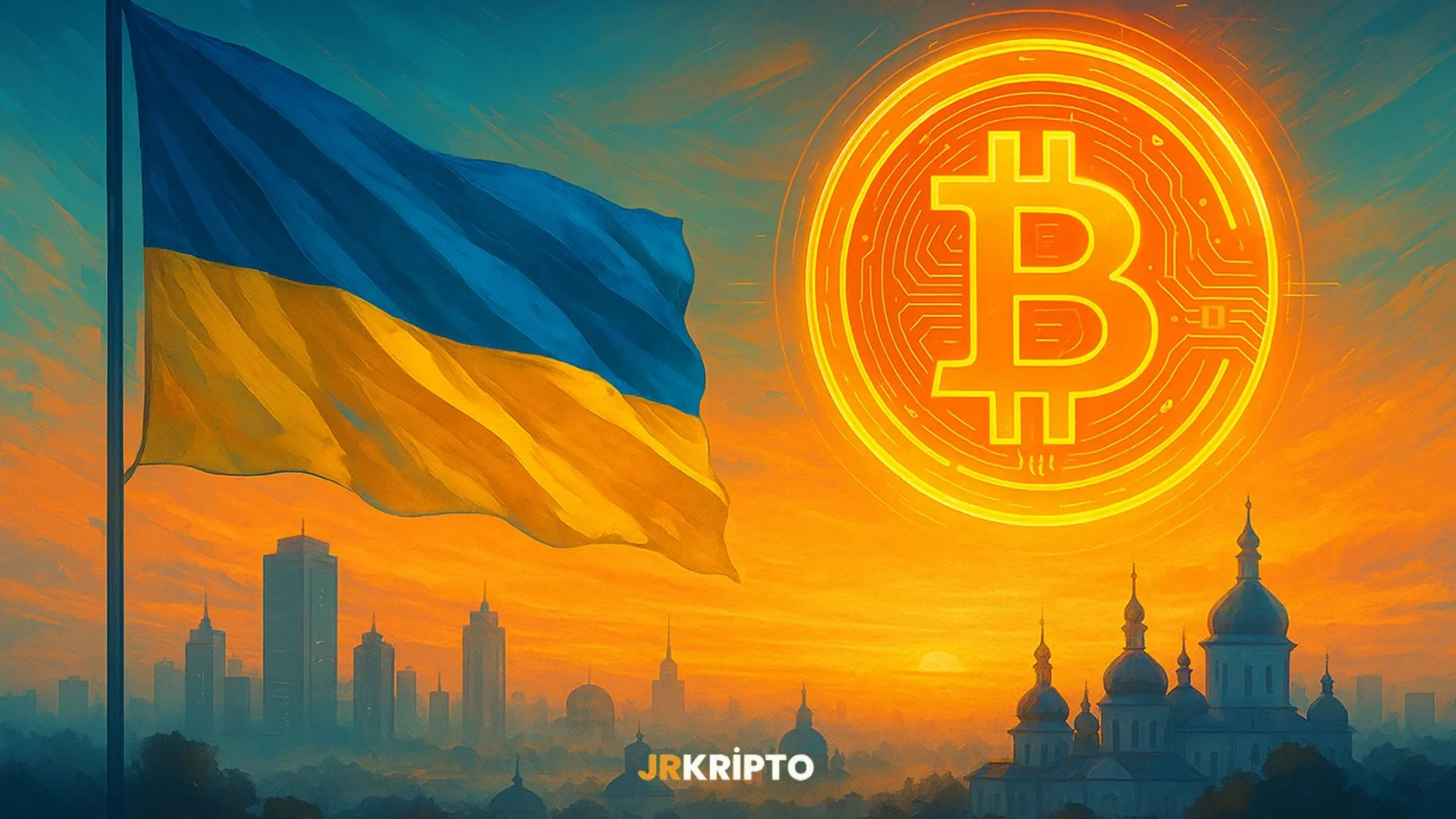Ukraine is preparing to take a significant step in the history of cryptocurrency. A draft law aimed at adopting Bitcoin as a national reserve asset in the country has reached its final stage. While this move aims to increase Ukraine's financial resilience capacity, it could also be a turning point in the institutional approach to cryptocurrencies.
Draft Law Reaches Final Stage
Speaking at the "Crypto 2025" conference, Ukrainian MP Yaroslav Zhelezniak said, "We will submit a draft law that will allow the creation of crypto reserves." It was reported that the draft was prepared based on suggestions from within the crypto industry and will be submitted to parliament shortly.
Trump Effect: Bitcoin Reserve Trend
Ukraine’s move comes after U.S. President Donald Trump signed an executive order in March 2025 initiating a Bitcoin reserve program. The U.S. started creating a national reserve using BTCs obtained from criminal cases. Following this move, Swedish MP Rickard Nordin also made a similar proposal. Bitcoin has increasingly been gaining attention globally as a hedge against inflation.
Legal Process and Challenges
Binance’s regional manager Kyrylo Khomiakov stated that they view Ukraine's goal positively but that serious legal regulations are needed. The process is not expected to be completed in the short term. Khomiakov added that this initiative would also contribute to creating clearer regulations in the crypto space.
Founder of the Kuna crypto exchange, Michael Chobanian, criticized the move. “The country is bankrupt. More than half of the budget is financed by grants and loans from the EU. The population is experiencing the fastest decline in history,” said Chobanian, arguing that the plan to create a BTC reserve is a distraction tactic.
Although Ukraine’s plan to create a Bitcoin reserve has not yet been finalized, it indicates a growing trend among governments worldwide to develop strategic approaches to Bitcoin. This initiative could be a significant milestone for both economic recovery and the development of crypto legislation. However, the completion of the legal infrastructure and the sustainability of political willpower will determine the fate of this process.




